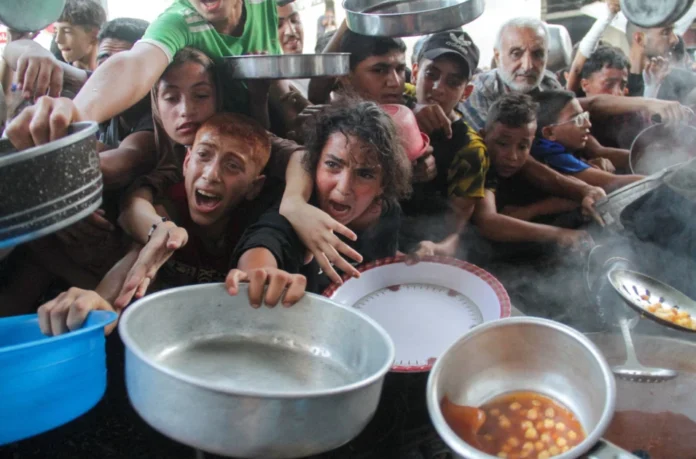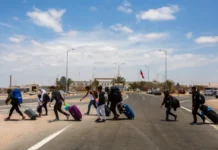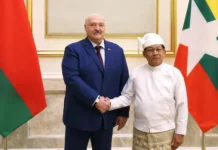The head of the World Health Organization (WHO), Dr. Tedros Adhanom Ghebreyesus, has issued a stark warning that Gaza is facing a man-made mass starvation crisis, fueled by prolonged aid blockades and the collapse of humanitarian delivery systems.
Speaking during a virtual press briefing from Geneva on Wednesday, Tedros said the worsening hunger situation in Gaza is entirely human-caused. “I don’t know what you would call it other than mass starvation, and it’s man-made, and that’s very clear,” he said. “This is because of (the) blockade.”
His remarks come days after more than 100 aid organizations issued an urgent appeal, highlighting how essential supplies, including food, clean water, and medicine, remain stalled outside the besieged Palestinian enclave.
The crisis has been mounting since Israel imposed a full blockade on Gaza in March 2024 during its war with Hamas, cutting off supplies to the territory. While some restrictions were eased in May, international aid agencies say only a fraction of needed assistance is getting through.
Israel maintains it allows aid in but must tightly control its flow to prevent diversion to Hamas militants. Israeli officials claim enough food has been delivered and accuse Hamas of exacerbating civilian suffering.
However, the humanitarian toll is rising rapidly. The Gaza health ministry reported 10 more deaths from starvation overnight, bringing the total number of starvation-related deaths to 111, many occurring in recent weeks.
According to the WHO, at least 21 children have died from malnutrition so far in 2025, though the agency warns the true number is likely far higher due to limited reporting capacity. Health centres are overwhelmed, with severe shortages in emergency nutrition supplies. Malnutrition screening shows that 10% of the population is suffering from moderate to severe hunger, including up to 20% of pregnant women.
“The collapse of aid pipelines and the restriction of access are fueling this catastrophe,” said Rik Peeperkorn, WHO’s representative for the occupied Palestinian territories. In July alone, 5,100 children were admitted into malnutrition treatment programs, including 800 who were severely emaciated.
Tedros added that for nearly 80 days between March and May, the UN and its humanitarian partners were unable to deliver any food to Gaza. Although some aid has resumed, it remains vastly insufficient to meet the needs of the territory’s 2.2 million people.
“The situation is dire,” WHO officials concluded, urging for immediate and unrestricted access to humanitarian aid to prevent further loss of life.
Written By Rodney Mbua



















